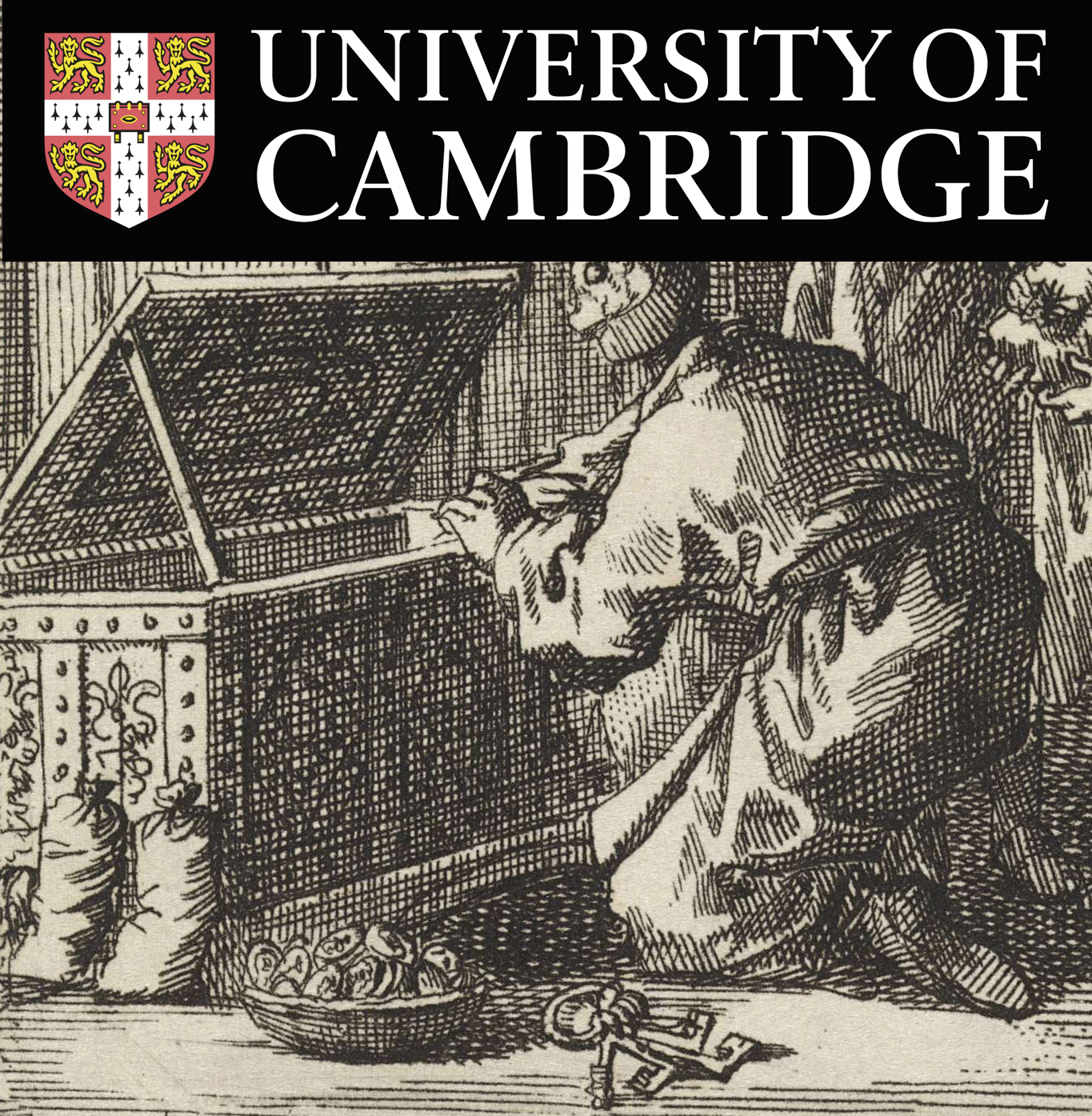Fabio Antonini: ‘Italian Archives: Administration and Scholarship’
Duration: 19 mins 28 secs
Share this media item:
Embed this media item:
Embed this media item:
About this item

| Description: | Discussion of the access and use of the Venetian secret archives, interrelating the administrative impulses with erudite historical study. |
|---|
| Created: | 2016-04-09 00:22 |
|---|---|
| Collection: | Treasuries of Knowledge |
| Publisher: | University of Cambridge |
| Copyright: | Fabio Antonini |
| Language: | eng (English) |
| Distribution: |
World
|
| Keywords: | early modern; venice; archive; historiography; |
| Explicit content: | No |
| Abstract: | In 1632, the Procurators of Saint Mark’s Basilica in Venice employed an erudite Benedictine monk, Fortunato Olmo, to re-organise and preserve a collection of ancient state papers which for centuries had been lying abandoned in the attic rooms of the church. Deemed a suitable candidate for the task due to his previous experience in reading and cataloguing medieval texts, Olmo spent the next decade of his life immersed in the dust and disorder which had plagued the collection ever since the fifteenth-century creation of the secret chancery archives in the adjacent Ducal Palace, and was dismayed to discover how these precious artefacts of the Republic’s early history had been allowed to fall into decay.
The progress of Olmo’s restoration work in the Basilica, as well as his numerous criticisms of the collection’s previous custodians, are outlined in a detailed series of reports submitted to the government during the early 1640s, in which he emotively defended the value of his ongoing project in the face of growing disinterest amongst the city’s ruling class. Writing from the perspective of a historian and scholar rather than a state administrator, the Benedictine’s reports provide a crucial insight into the perception of this record collection as no less than a site of significant cultural heritage, whose contents would cast new light upon the affairs of the Republic during the era of the Crusades and the struggle for supremacy between Rome and the Empire. By examining these reports within the wider context of Venice’s early modern archival and scholarly cultures, this paper will illustrate how the appreciation of a decaying repository of papers as a potential treasure of knowledge led to a series of administrative and bureaucratic innovations, as well as a renewed investigation into some of the most iconic incidents in the city’s medieval past. Examined more generally, Olmo’s aspiring career as an archival scholar also serves as a valuable example of the growing trend for erudite historical study within the record keeping systems of early modern Europe, and the significant precedents which it was to set for the later development of the discipline as a whole. |
|---|---|

